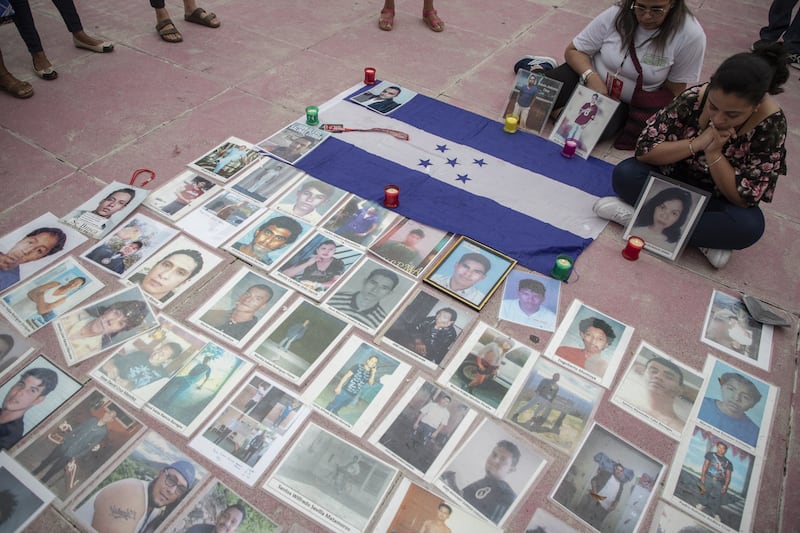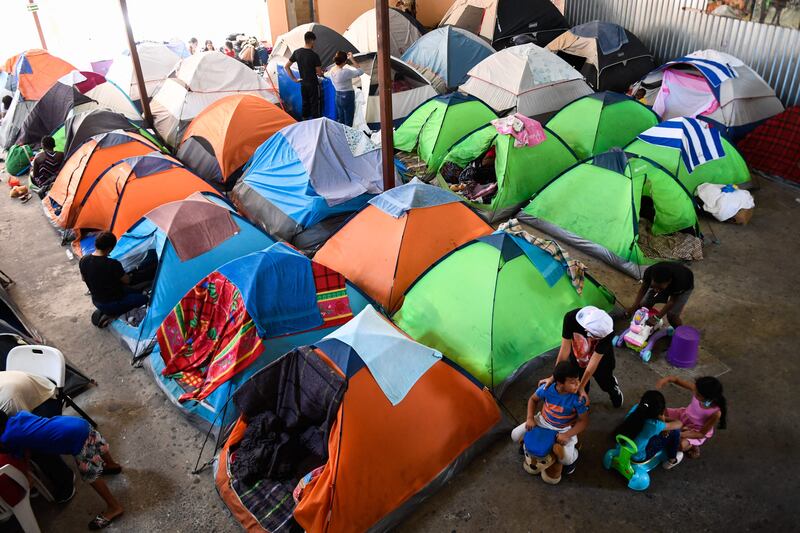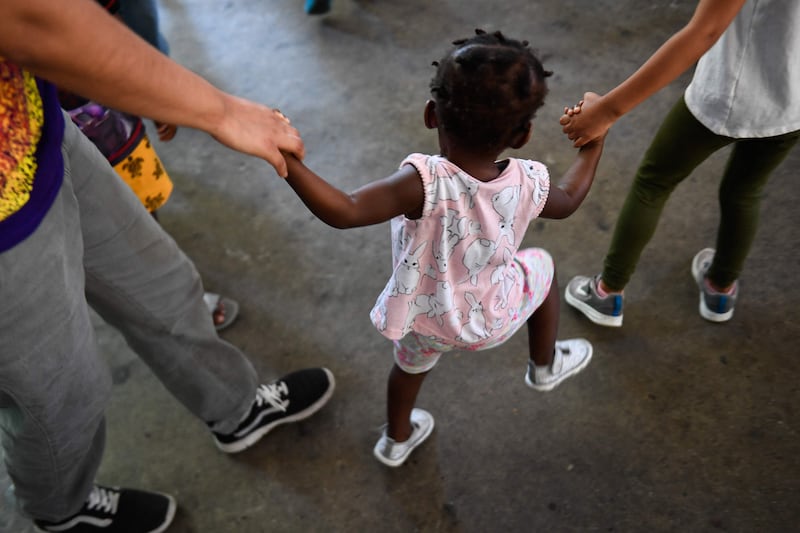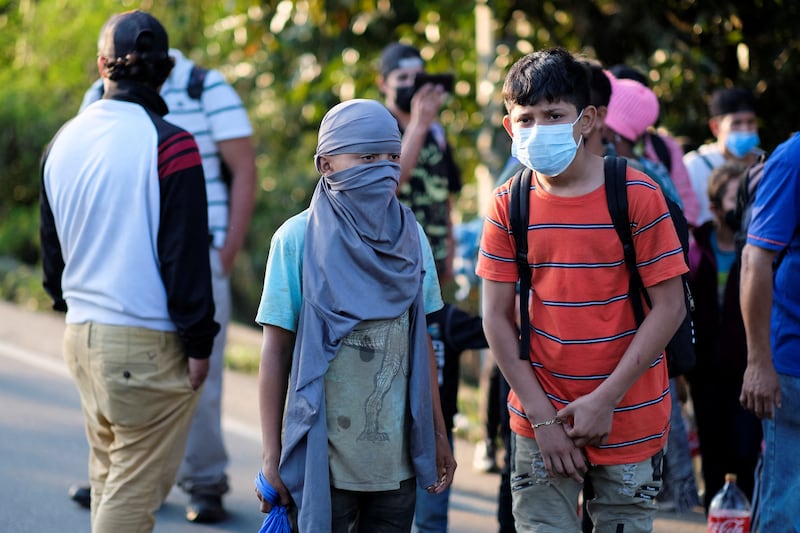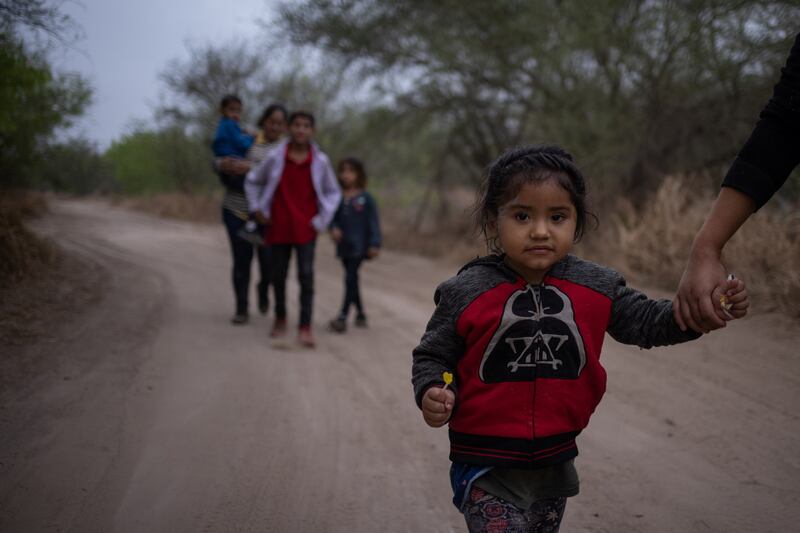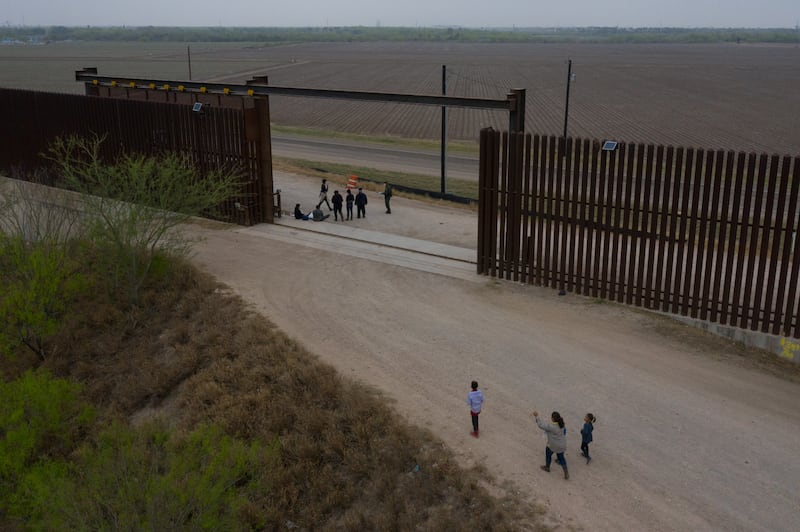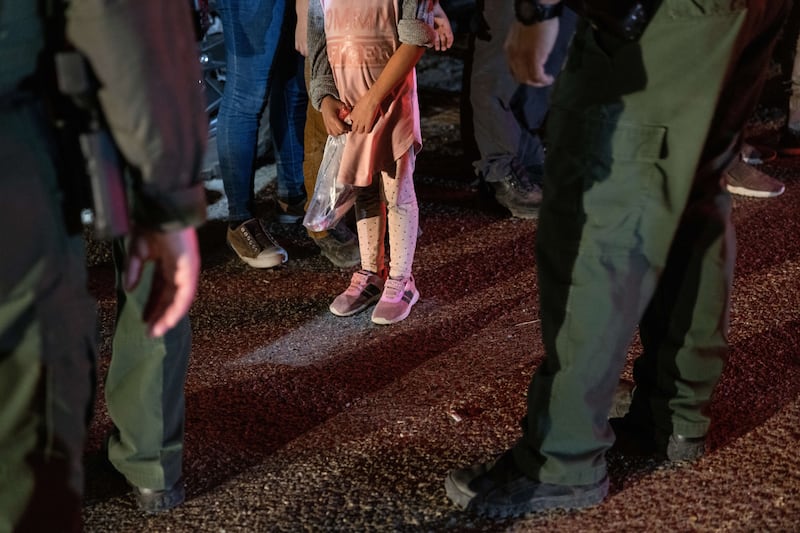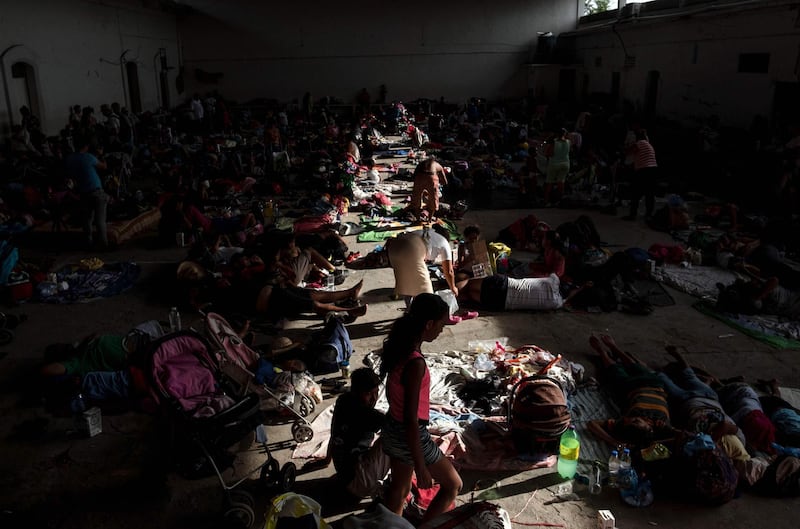The US embassy in Havana reopened visa services for Cubans on Wednesday, five years after a series of health incidents drastically cut the number of diplomatic staff.
In September, when plans for expanded services were announced, the embassy said that the primary focus would be on processing “immediate relative, family preference, diversity visa, and K fiancé(e) visa categories”.
The embassy will not, however, be issuing tourist visas for now.
NPR reported that the embassy is expected to issue at least 20,000 visas per year, though the Covid-19 pandemic has created an enormous backlog that has pushed processing back by months and even years.
The reopening of visa processing in the country comes amid a historic level of Cuban migration.
According to official figures, over the past year, about 250,000 Cubans — more than 2 per cent of the island’s 11 million people — have attempted to migrate to the US.
Cuba has become a top contributor to the flow of people attempting to cross the southern US border — something that has become a major political liability for President Joe Biden as well as a wider national security concern.
Migrants on the southern US border — in pictures
The tightening of US sanctions coupled with the devastation wreaked by the pandemic on the country's tourism industry has caused Cuba's economy to go into free fall. Skyrocketing inflation, shortages of goods — including food — and frequent power cuts have caused widespread discontent.
And remittances sent from abroad — which in 2019 reached $3.7 billion and are another vital source of income for Cubans — also largely dried up in recent years, with travel blocked, AFP reported.
Despite election promises, Mr Biden has not reversed the embargo, instead hardening his speech following anti-government protests on the island in July 2021.
Over the course of the pandemic, the number of protests on the island has risen dramatically, with the Cuban Observatory of Conflict reporting more than 2,000 through August 2022 alone — a sign of increasing discontent with the country's communist government.
Havana has passed the blame for the country's woes to its long-time foe, the US — and perhaps with good reason: Since the 1960s, Cuba has been the subject of a stringent trade embargo, with goods including fuel, car parts, fertilisers and many others banned from being shipped to the island.
Cuba, which has campaigned tirelessly at the UN and other international organisations to end the embargo, has claimed that America's actions have cost the island more than $130 billion.
'Sonic attacks'
The reason for the lengthy closing of visa-processing services at the embassy in Havana can be traced back to a series of strange incidents that have baffled doctors and scientists for years.
In 2016, staff at the embassy began reporting hearing a grinding noise, often accompanied by a feeling of pressure or vibration, similar to driving in a car with the window partly open.
The incidents occurred in the staffers' homes or hotel rooms and, in several cases, resulted in lasting health problems, including one diplomat needing a hearing aid, according to CNN.
Theories behind the so-called sonic attacks ranged from orchestrated assaults by the Cuban government using microwaves or pulsed electromagnetic energy to cricket sounds to pesticides, and even mass hysteria.
Regardless of their cause, the incidents caused a major decrease in embassy staff, leading it to close visa processing in the country.
The Cuban government has categorically denied involvement.
'The Art of Diplomacy' with Cuba's ambassador to the UAE — video
'The Art of Diplomacy' with Cuba's ambassador to the UAE




















